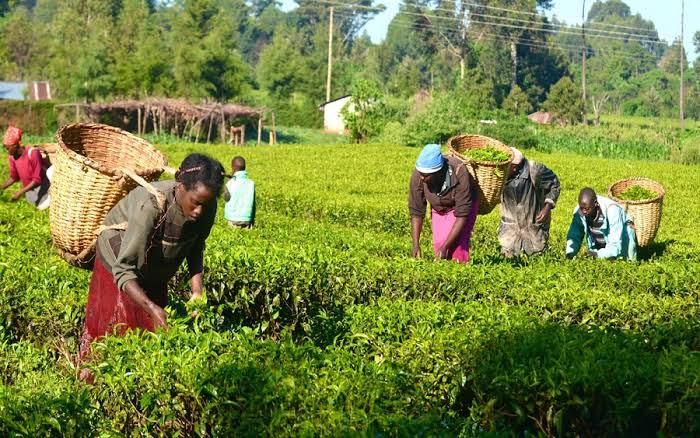Temitope Fashedemi, the Permanent Secretary of Nigeria’s Ministry of Agriculture and Food Security, has revealed that the country’s agricultural sector accounts for 24% of its Gross Domestic Product (GDP).
This disclosure was made during the inception workshop on the abatement of Short-Lived Climate Pollutants (SLCPs) in the Nigerian Agricultural Sector project, which took place in Abuja. Represented by Mr. Osadiya Olanipekun, the Director of Agricultural Lands and Climate Change in the ministry, Fashedemi emphasized the sector’s importance, as it employs over 70% of Nigeria’s population, mainly comprising smallholder farmers.
In his address, Fashedemi underscored the necessity of climate resilience in the agricultural sector, citing its crucial role in income growth, food security, and nutrition. He acknowledged the challenges posed by climate change to achieving these objectives, noting the sector’s vulnerability due to its reliance on traditional agricultural management practices like open burning.
Fashedemi highlighted Nigeria’s commitment to reducing Short-Lived Climate Pollutants (SLCPs), citing the adverse effects of open burning on the environment, human health, agriculture, and ecosystems. He outlined the ministry’s mandate to develop the agricultural sector, emphasizing the need for sustainable practices to mitigate climate change’s effects.
Mrs. Joy Aderele, the Country Director of Self Help Africa, Nigeria, reiterated the dangers of SLCPs and unveiled an 18-month pilot project aimed at reducing open burning. The project, which involves 500 farmers and 45 agricultural extension officers across Nigeria’s geopolitical zones, will focus on Gboko Local Government Area in Benue State to demonstrate successful approaches to reducing open field burning.
Mr. Julius Awu, the project manager of Self Help Africa, emphasized the project’s objective to contribute to Nigeria’s goals of low-carbon development and emissions reduction. The initiative aligns with Nigeria’s commitment to sustainable agriculture and environmental protection.
The government’s affirmation of the agricultural sector’s significant contribution to the economy underscores the importance of sustainable practices in ensuring its continued growth and resilience.





